The acacia from the dunes in the south of Israel is remindful of the letter “shin” (ש) in Hebrew, the first letter of Hashem’s Holy Name Sh-add-ai, to whom the trees sing constantly. These were the trees that were used to build the Holy Tabernacle in the desert. According to tradition, our forefather Jacob planted them before descending to Egypt, because he saw in prophetic vision that his descendants would need them when the time would come to erect the “Mishkan,” or Holy Tabernacle. Like everything else that grows here, the trees have a special holiness.
Many of our readers have asked us why Judaism needs a separate New Year for trees. The answer according to nigla (revealed Torah) is that numerous Torah commandments deal with trees and the fruit of trees in the holy Land of Israel. For example, one must not eat orla, which is fruit from the first three years of the tree’s life. Neta reva’i, or 4th-year fruit, must be eaten in Jerusalem. Other mitzvot include trumot, maaserot, maaser rishon, leket, shichacha, peah. The tree’s age plays a role in the fulfillment of these mitzvot, and the tree’s age is calculated from the new arbor year that begins on the 15th day of the Hebrew month of Shevat commonly known as Tu B’Shvat.
The Torah says (Devarim 20:19), “For man is a tree in the field.” This is one of the greatest secrets of Torah. It’s also the story of our life here in the Land of Israel, as follows:
Tu B’Shvat always lands in the middle of winter. The trees have lost their leaves. They look brittle, weak, and unsightly. They’re subjected to strong winds and storms that threaten to uproot them. An unsuspecting onlooker wouldn’t believe that these bare and dry branches will ever sprout green again, much less give fruit. The cold and the frosts look like they’ll finish the poor trees off…
Today, the Jewish people in the Land of Israel are just like the trees in winter. They too look weak and unsightly, as enemies from without and within slash them with the strong winds of territorial surrender, foreign influences, and disdain for the holiness of our land and tradition. It doesn’t look like our beautiful settlements will continue to exist, G-d forbid, much less expand. The cold and frosts of heresy, licentiousness, corruption, and self-hatred threaten to finish off the world of Torah and the holy settlements completely.
Wait a second, there’s no reason to despair!
In a few short weeks, the weather will turn warm and The Land of Israel will blossom in all of its arbor glory. The entire country will be intoxicatingly aromatic from dunam upon dunam of flowering citrus groves and deciduous orchards. Do you know what that signifies?
As mentioned earlier, man is a tree in the field, especially in Israel. We may look ugly in the midst of this spiritual winter, but ever so gradually – the spiritual sap of emuna – a true and complete belief in Hashem – will increase its flow in the veins of Hashem’s children, whom King David likened to saplings (see Psalm 128). More and more people are thirsting for emuna. A growing spirit of genuine yearning to cling to Hashem is bringing more and more people to forests, groves, and orchards in search of a tranquil place to speak to Hashem. The trees are ever so conducive in creating the right environment for outpouring of the soul, for once again, the Torah likens man to a tree. Trees are faithful friends that never disappoint us.
Soon – very soon – emuna will prevail and Jews from around the globe will long to come home. Undoubtedly, Mashiach will come and the Land of Israel, her pioneer sons and her scholars of Torah shall flourish and blossom in all their glory, from Mount Hermon to the Red Sea and from the Mediterranean to the Jordan River, amen.
Happy Tu B’Shvat!
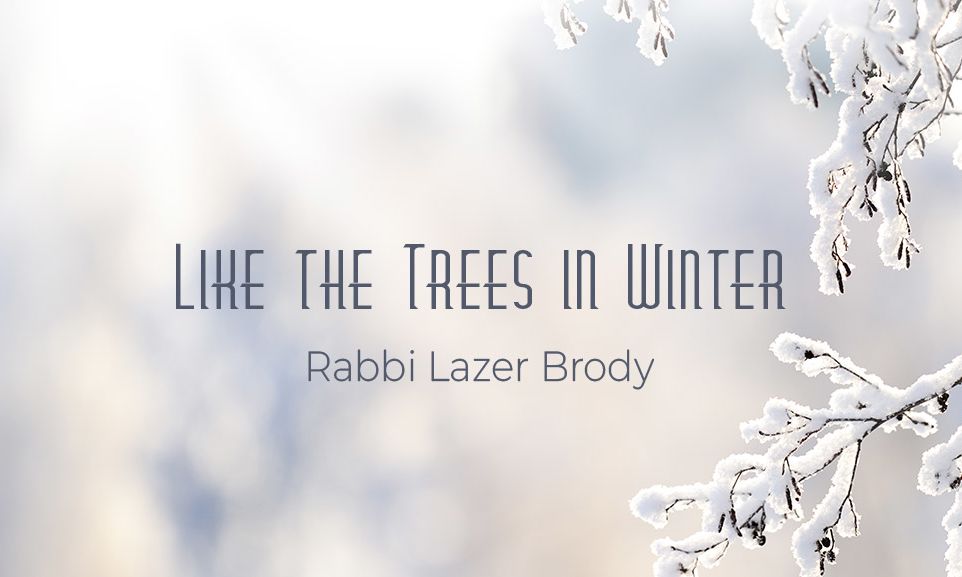



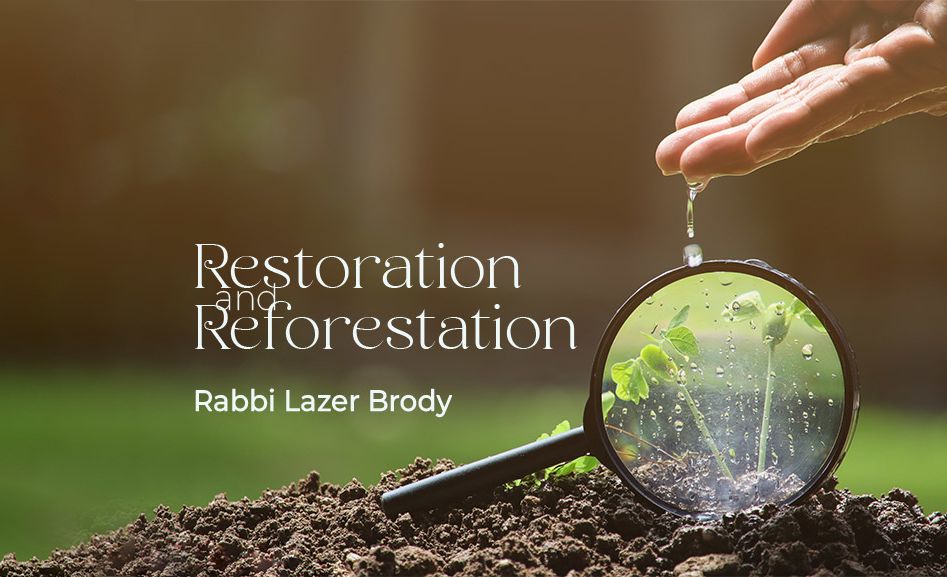

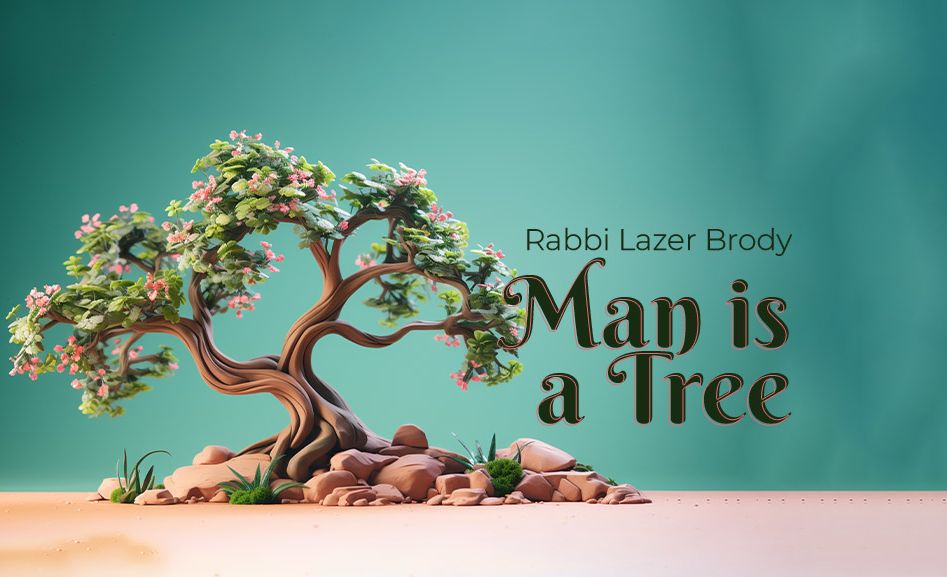
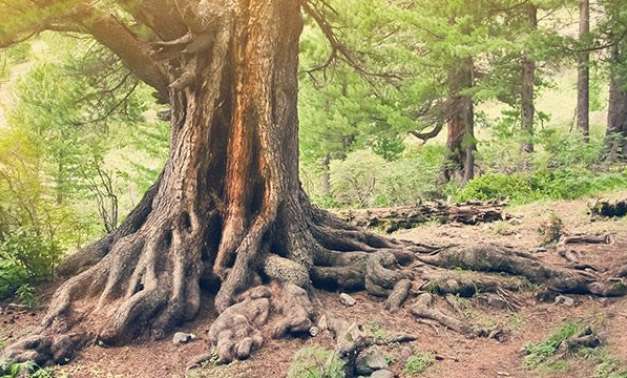

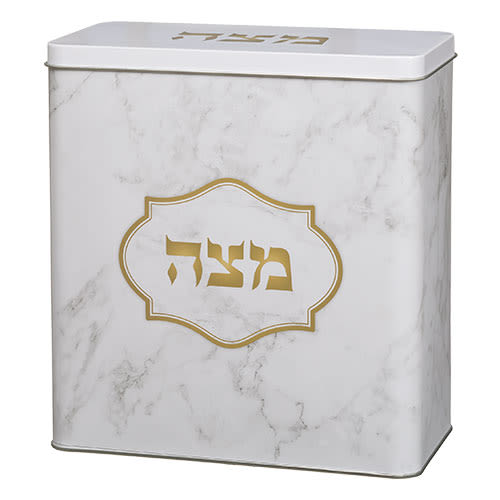

Tell us what you think!
Thank you for your comment!
It will be published after approval by the Editor.